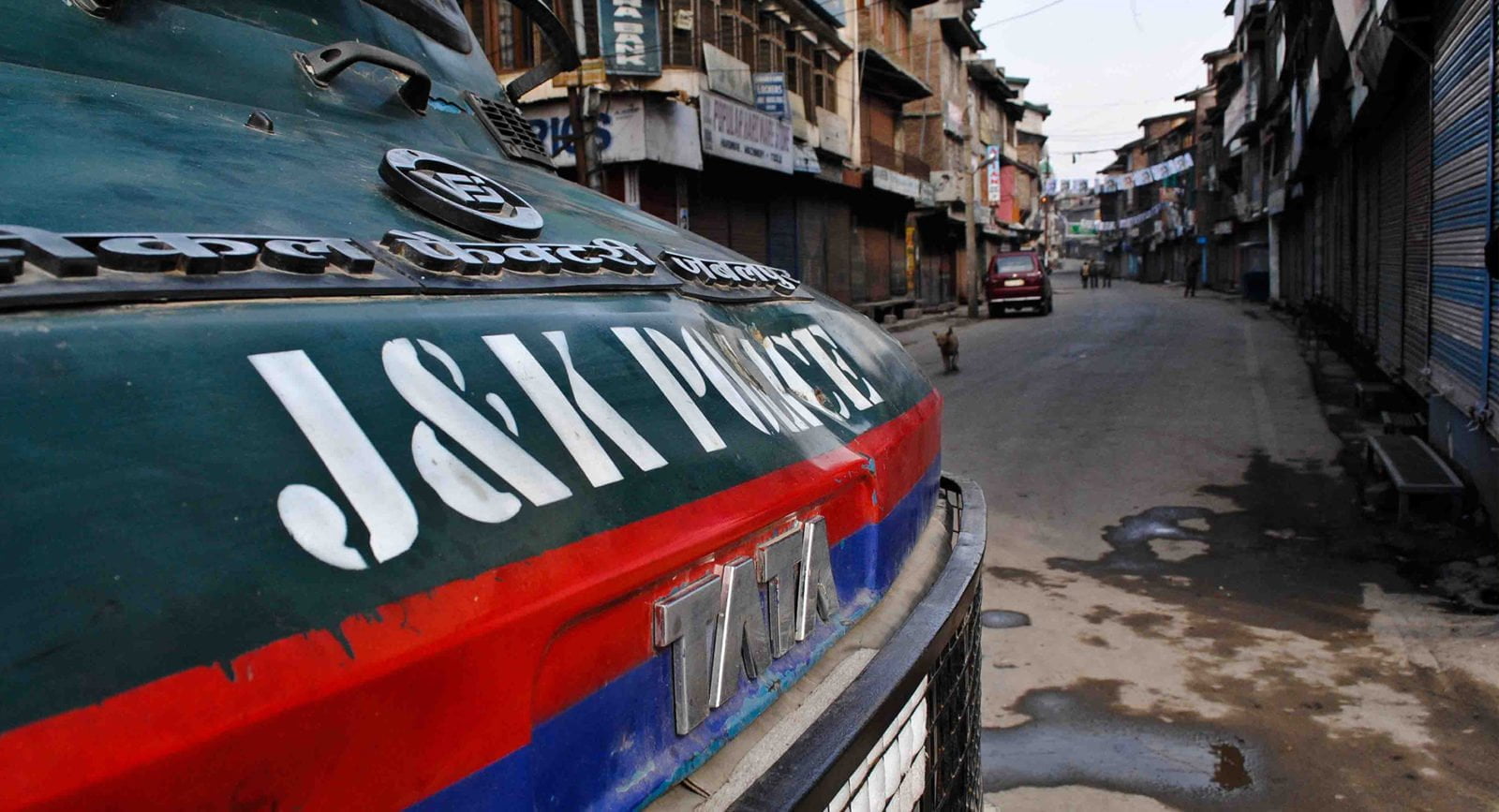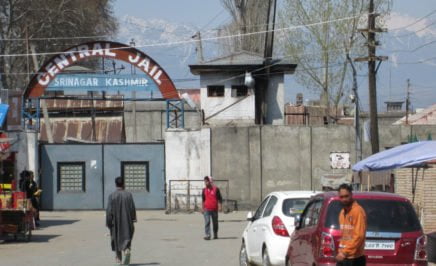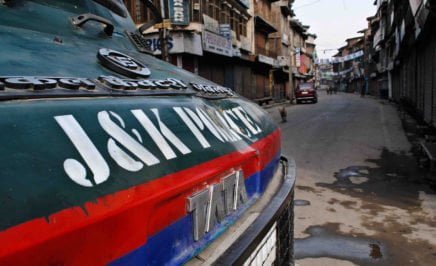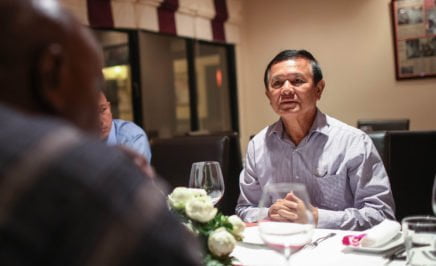Responding to news that the Jammu and Kashmir police have invoked the Unlawful Activities (Prevention) Act (UAPA) against photojournalist Masrat Zehra and also initiated investigation against journalist Peerzada Ashiq for allegedly spreading ‘misinformation’, Avinash Kumar, Executive Director of Amnesty International India said:
“The two new First Information Reports (FIR) against journalists in Kashmir that initiate investigations against them by the police signal the authorities’ attempt to curb the right to freedom of expression. Harassment and intimidation of journalists through draconian laws such as UAPA threatens the efforts to address the COVID-19 pandemic and creates an atmosphere of fear and reprisal. In Kashmir, this has been compounded through the general lockdown, prolonged restrictions on internet speed and arbitrary detentions often without any kind of documentation, access to lawyers and recourse to justice. This severely undermines the human rights guarantees of the people of Kashmir and denies the people in India and around the world’s right to know.”
Journalists in Kashmir have been summoned to police stations and forced to present themselves to explain their stories. In the case of Peerzada Ashiq, he was asked to travel some 40 kilometres to present himself to the concerned police officer. Peerzada Ashiq while speaking to Amnesty International India said, “This is second instance, since August 2019, when I was summoned and questioned by police. This time it was about two of my stories: one on diversion of COVID testing kits from Kashmir to Jammu and another on killing of two militants in South Kashmir, who were buried in North Kashmir’s Baramulla. I was questioned for reporting on the claims of the families who said that they were allowed to travel to collect the bodies (but were later denied the permission).”
In a press release issued on [date?], the Cyber Police Station Kashmir Zone, Srinagar, justified the cases brought against both journalists. The press release said Masrat Zehra’s post could ‘provoke the public to disturb law and order’, ‘glorify anti-national activities’ and Peerzada Ashiq’s story could ‘cause fear or alarm in the minds of the public.’
“Under international human rights law, any restrictions on the right to freedom of expression must be demonstrably necessary and proportionate. The media plays a crucial role in reporting human rights abuses and is essential to inform the public about the factual situation and measures taken by the governments in response to COVID-19. Yet time and again, UAPA, India’s principal counter-terrorism law, has been abused to target journalists and human right defenders who criticise government policies,” said Avinash Kumar.
“Access to information is essential in fighting the unprecedented pandemic we are facing. The government of India must not muzzle the press. It must immediately release and drop all charges against journalists Masrat Zehra, Peerzada Ashiq and others who remain incarcerated solely for exercising their right to freedom of expression and refrain from abusing its power in this time of crisis.”




